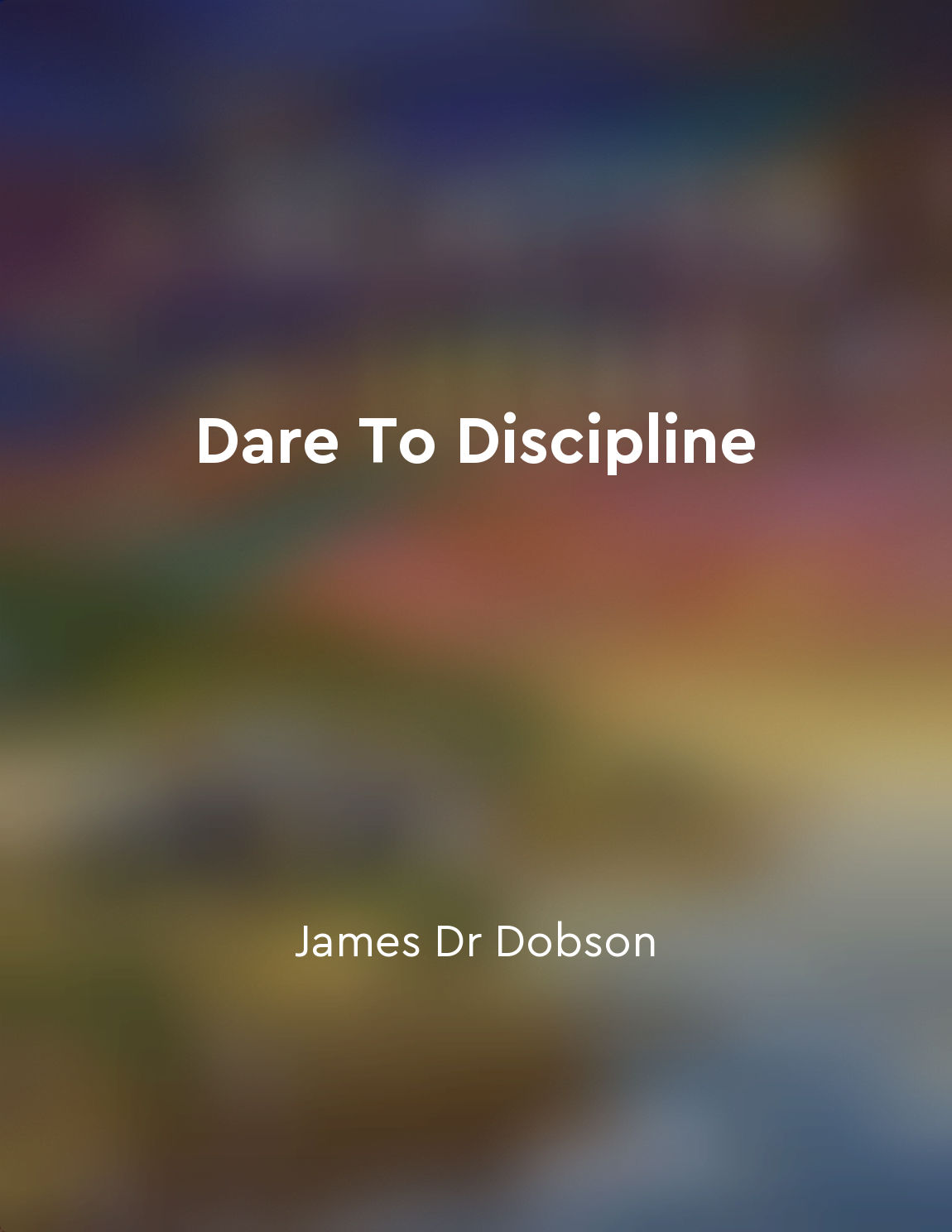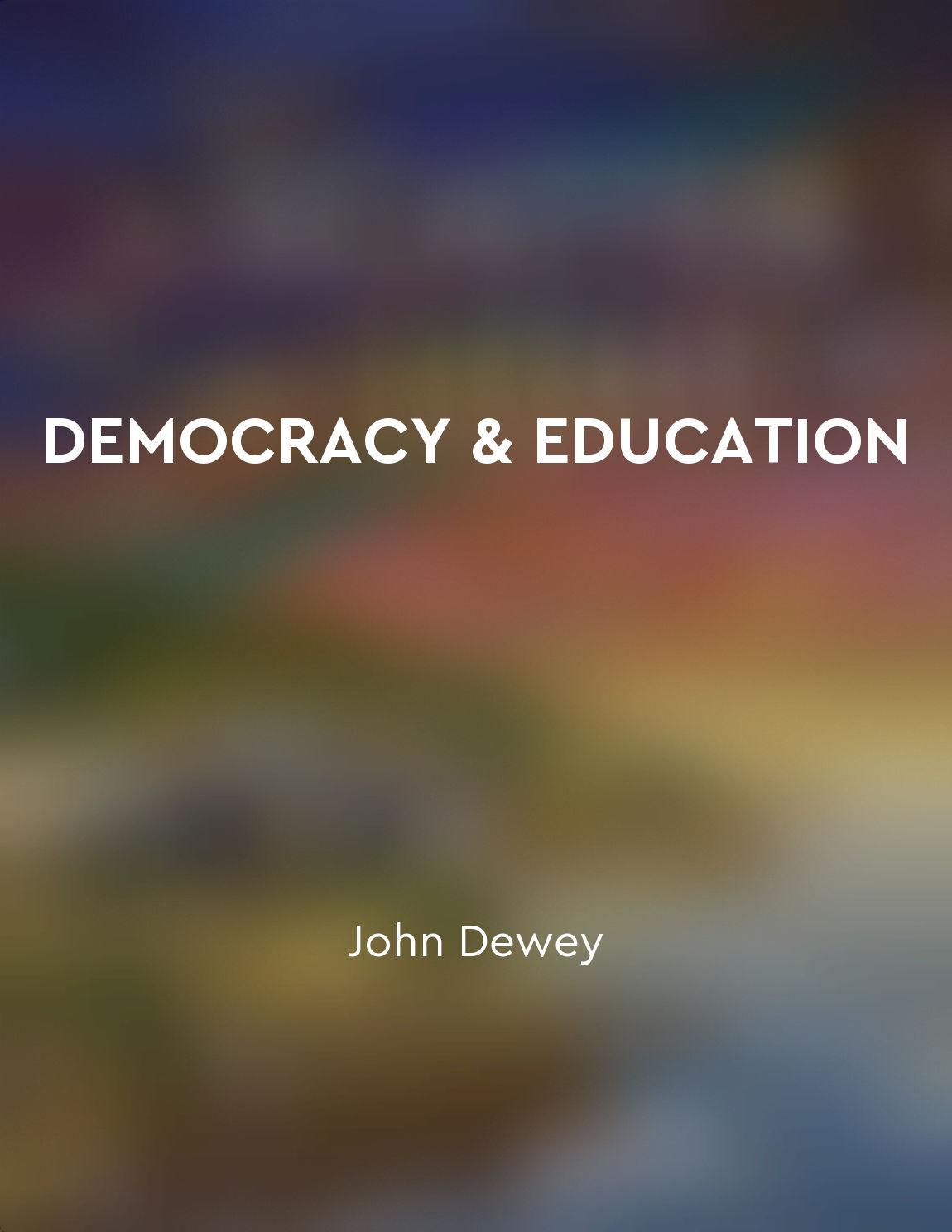School policies shape student behavior from "summary" of Schools and Society: A Sociological Approach to Education by Jeanne H. Ballantine,Joan Z. Spade
School policies are a critical component of the educational system, as they play a significant role in shaping the behavior of students within schools. These policies provide a framework for the rules and regulations that govern student conduct, both inside and outside the classroom. They set the standards for acceptable behavior and outline the consequences for violations of these standards. In this way, school policies serve as a form of social control, guiding students towards appropriate actions and discouraging behaviors that are deemed unacceptable. Furthermore, school policies reflect the values and priorities of the larger society in which the educational system is situated. They are influenced by cultural norms, political ideologies, and social expectations, all of which shape the objectives of the educational institution. As a result, school policies not only regulate student behavior but also transmit societal values to the next generation. For example, policies that promote diversity and inclusion reflect a commitment to creating a more equitable and just society, while policies that emphasize competition and individual achievement align with a culture that values success and ambition. Moreover, school policies can have a direct impact on the experiences of students within the educational system. For instance, zero-tolerance policies for certain behaviors, such as bullying or drug use, can create a sense of safety and security for students, as they know that these actions will not be tolerated. On the other hand, overly strict or punitive policies may lead to feelings of resentment and rebellion among students, ultimately undermining the intended goals of the rules. In addition, school policies can influence the relationships between students and teachers, as well as among peers. Policies that promote respect and cooperation can foster a positive school climate, where students feel supported and valued. Conversely, policies that are overly restrictive or discriminatory may create divisions and tensions within the school community, hindering the development of healthy relationships and social bonds.- School policies are a powerful force in shaping student behavior and fostering a conducive learning environment. By establishing clear expectations, promoting positive values, and upholding the principles of fairness and equity, policies can help create a school culture that is conducive to academic success and personal growth.
Similar Posts
Communication is key in resolving conflicts between siblings
When siblings fight, communication is often the missing ingredient that could resolve the conflict. Without effective communica...

Parents need to be firm yet empathetic
The concept of being firm yet empathetic in parenting is a delicate balance that requires wisdom and discernment. It means sett...
Economic mobility
Economic mobility is a concept that is often misunderstood or misrepresented in public discourse. Many people believe that econ...

Free speech enables progress and innovation
The ability to freely express ideas and opinions is crucial for progress and innovation. When individuals are able to share the...
Public opinion can be influenced by emotion
In public opinion, emotion plays a significant role in shaping people's perceptions and beliefs. Emotion has a way of clouding ...

Education should prepare students for active participation
The essence of education lies in its ability to equip students with the necessary skills and knowledge to actively engage in so...
The importance of regulating your own emotions in parenting
As parents, we often find ourselves in challenging situations with our children that can trigger strong emotional reactions. Wh...
Student engagement is key to learning success
The success of learning in English education is heavily reliant on the engagement of students. When students are actively invol...
Social norms regulate behavior within societies
Social norms are unwritten rules that govern behavior within societies. These norms dictate what is considered acceptable or un...
Use empathy and understanding to guide behavior
When children are struggling with their behavior, it can be easy to resort to punishment or control as a way to address the sit...

